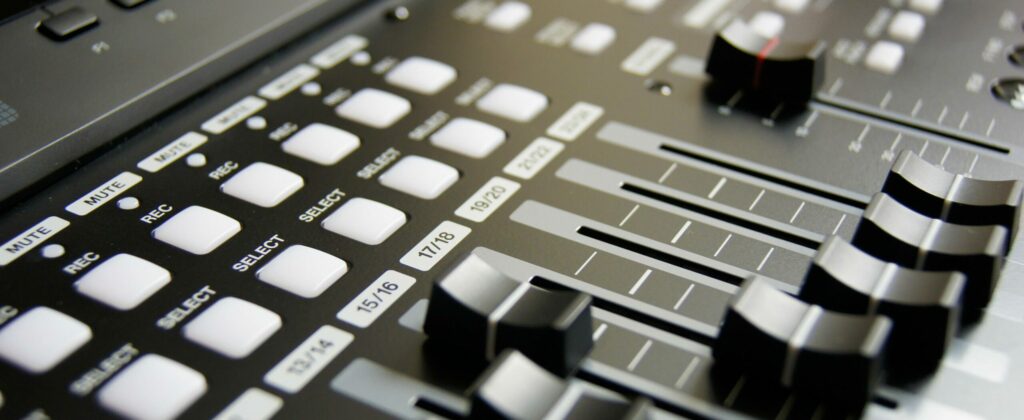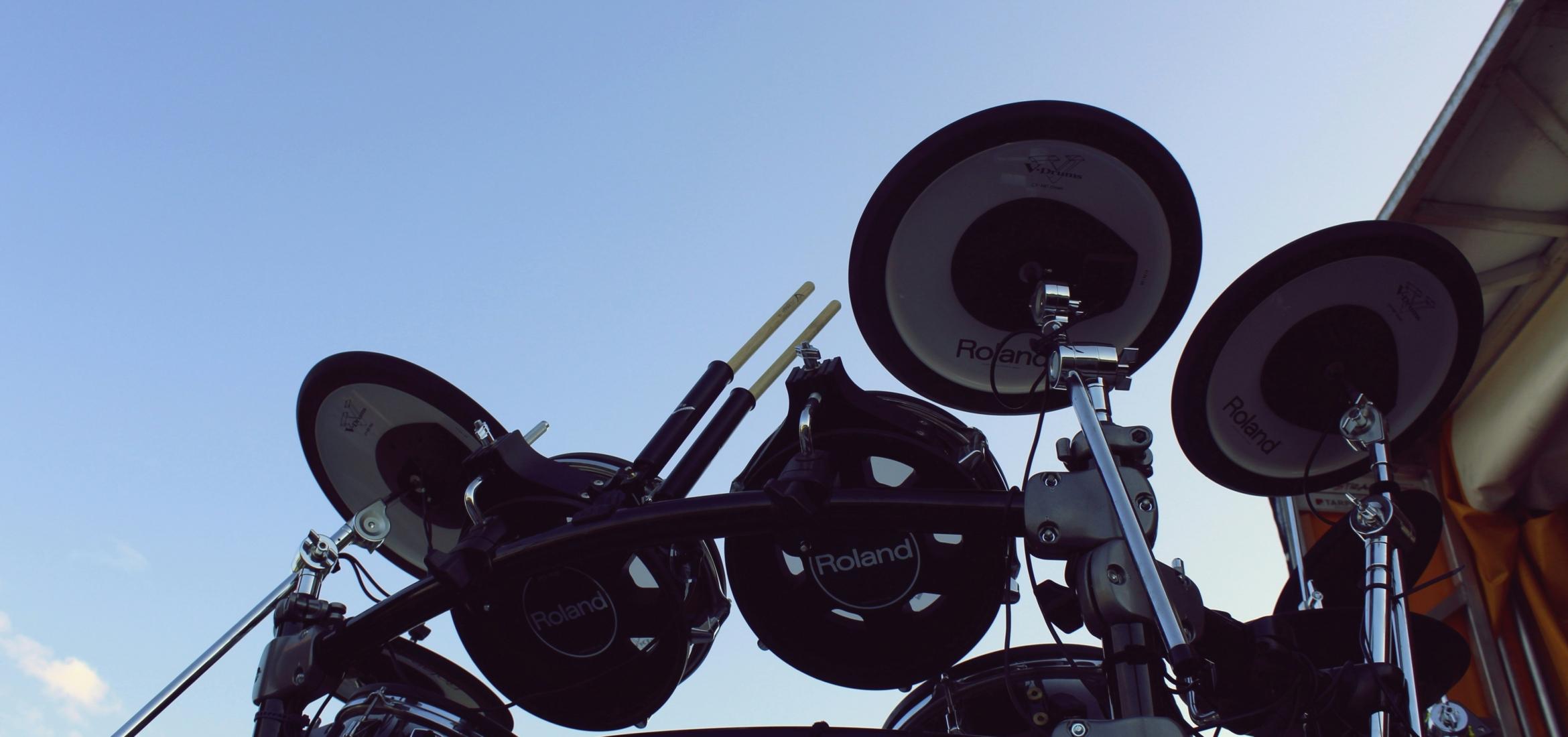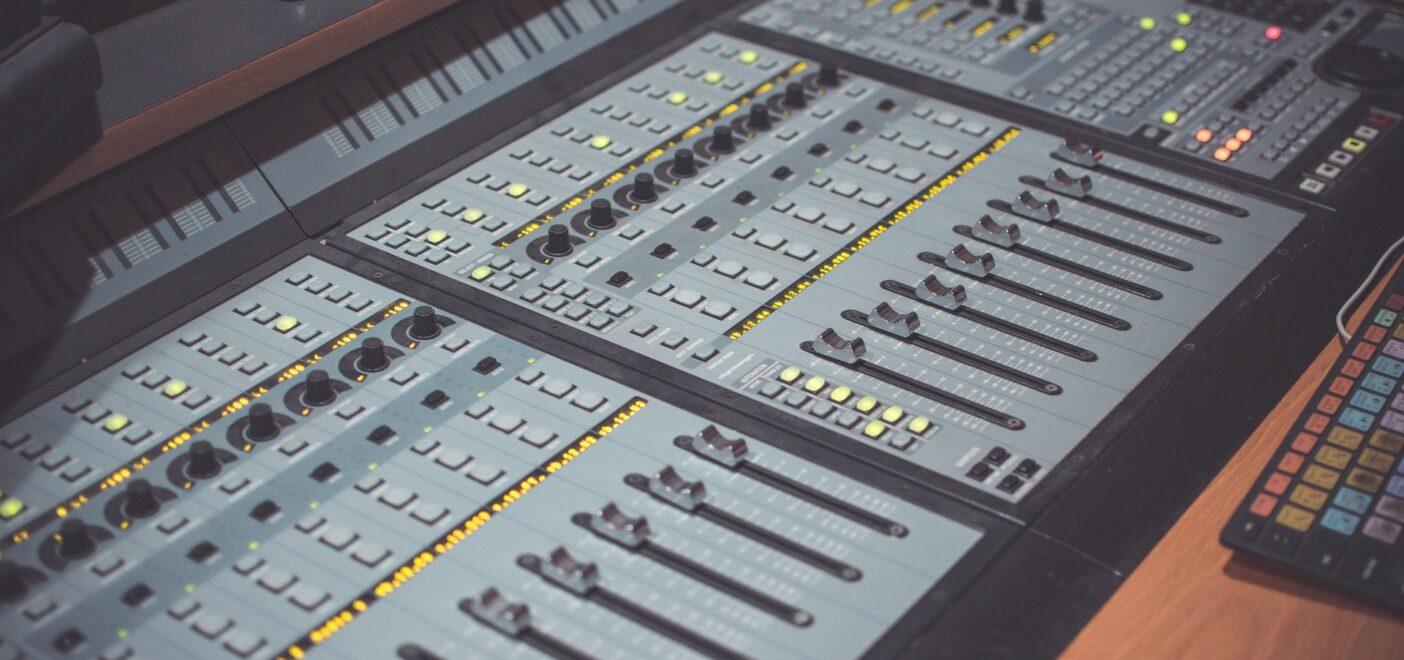Professional audio engineers have years of experience under their belts, and every engineer has wildly different experiences throughout their careers. Therefore, each one you meet will have unique methods to their madness, forged over years of trial and error. So, it’s hard to narrow down what professional audio engineers do to just three things. The list could easily span into the triple digits if we wanted to dive that deep.
However, every skill features pillars or foundations that are necessary for further development. These are things that every practitioner must eventually learn and do in order to grow. If you get lost, this audio recording terminollogy handbook may help you out. Let’s dive in! Here are three professional audio engineer tips that you should know about if you’re pursuing this path.
1. Understand the Music Comes First
If we all had the resources, we would all want the highest-quality recording equipment, most powerful computers, and painstakingly customized instruments. There’s no shame in that. We need good gear to produce good recordings. However, don’t assume that quality materials automatically result in a quality mix. Whether they learned the hard way or not, professional audio engineers know this well. If the music isn’t there, money and audio mixing can only elevate the song so much.

When we say the music comes first, we’re referring to song arrangement, composition, performances, and sonic quality. Think of these as the ingredients to a great dish. The meal needs to begin with fresh material that combines well with every other aspect. Your recording equipment and software are like your utensils, bowls, and food processor. What good are these tools without the right combination of ingredients to mix? Sure, the gear needs to function properly to transform your raw materials into something edible (and audible), but the raw materials must always come first.
2. Mix in Mono
When the music is powerful and performed well, professional audio engineers might not do as much mixing as you think. Yes, they perform certain necessary tasks like adjusting levels, making slight EQ adjustments here and there, and compressing certain elements. But too much mixing can actually begin to damage or dilute the musicality of the song. To use our food analogy once more, stirring the pot too violently or leaving the dish in the oven too long can kill the flavor and texture pretty quickly. So, the second of our audio engineer tips has to do with mixing in mono.
While you’ll likely export the song in stereo, mixing in mono gives you a better idea of where every song element truly rests in the mix. This lets you make more informed mixing decisions, saving you time. Doing so can help you more easily clean up the clutter, address phase cancellation, and even add depth to your mix. Mixing this way prevents you from getting lost in the mixing process and helps you focus on enhancing the musical qualities of the song instead.
3. Have a Plan
For most of us, the most fun and satisfying aspect of producing music is the moment where all the elements come together and things start sounding really good. However, a lot needs to happen before reaching this cathartic phase. Behind that “ah-ha” moment and all the takes needs to be a solid plan. Planning isn’t fun, but it’s necessary, and it’s number three on our list of audio engineer tips. But what does planning entail in this context?
First and foremost, know the music well. If you’re recording your own music this shouldn’t be too difficult. But if you’re producing someone else’s art, make a point to really know the ins and outs of the song(s). This will set you up for a more informed recording and mixing process. What amps and mics will serve the genre best? Should audio effects processors be used during recording, or only applied during mixing?

After this, proper planning involves setting up your gear accordingly. What order will instruments be recorded? If drums are first, make sure you take the time to set up mics, treat the room, and test the sound several times before actually recording. Consider that every time you tear down a mic setup you’re done recording that instrument unless you want a different sound or have to redo the entire track. For recording vocals, do you have or need a vocal booth? How many mics will you use to record these takes?
Beyond proper setup, you need to know that your recording and mixing gear is in good shape. Check your audio cables and always have backups. Every aspect of recording must be considered before you push the button the first time. You’ll save time and money in the studio this way. You won’t need to run out for supplies or track things repeatedly due to equipment errors.
Conclusion
Yes, we could list several more audio engineer tips beyond just these three. But it’s safe to say every one of them serves a necessary function in the audio engineer’s life. In a way, they’re failsafes for achieving the best possible mix. And if you’re on your way to becoming an audio engineer yourself, you should know of these audio engineer tips and begin implementing them as you continue on your journey.
À propos de l'auteur

Ethan Keeley
Rédacteur, chanteur, musicien et monteur audioEthan Keeley est un musicien, un doubleur et un écrivain de Rochester, dans l'État de New York. Lorsqu'il n'est pas en tournée avec son groupe Unwill, il travaille sur de nouvelles chansons et histoires.
Laisse un commentaire
Connecte-toi pour commenter.


